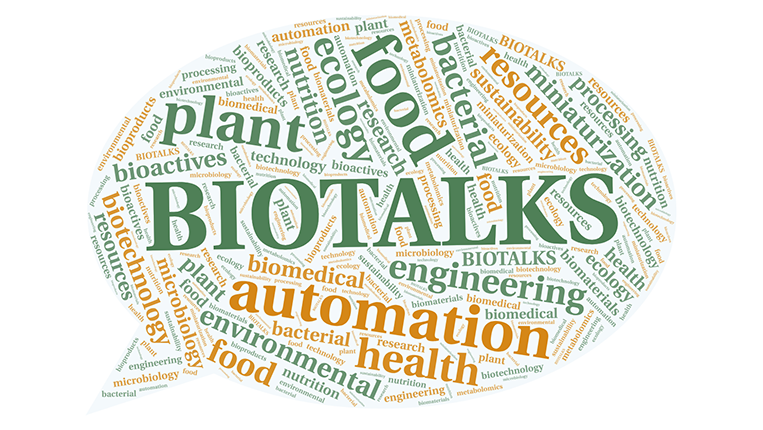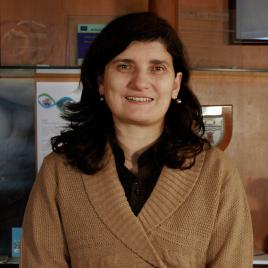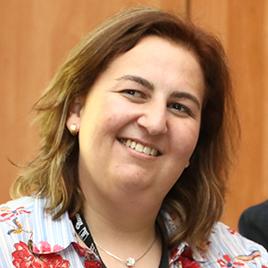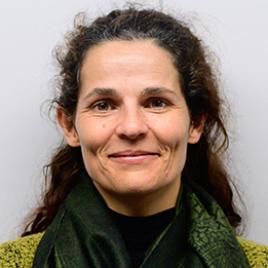Objectives and competences
Acquisition of updated knowledge on the multidimensional issues of aging (physiological, psychosocial, behavioral, economic aspects) and its impact on the food and nutrition of the elderly aiming at the prevention of common non-communicable diseases and the intervention for healthy aging promotion associated with greater longevity and better quality of life for the elderly.
The skills to be acquired by the student include the ability to:
- Characterize the biological processes of aging and their impact on food and nutrition;
- Understand the differences in nutritional needs and dietary recommendations throughout aging;
- Identify the essential role of an adequate nutritional intervention in promoting health and well-being, in reducing the harmful impacts of aging (disease) and in improving the quality of life;
- Understand the role of Biotechnology in the development of foods with better nutritional value and adapted texture for the elderly in health and disease.
Teaching Methodologies
The curricular unit is organized in theoretical, theoretical-practical and tutorial-oriented classes. In the theoretical sessions, dialogue and reflective exposition are privileged, using descriptive examples. These sessions can be complemented with seminars given by specialists in certain emerging areas in this area of Nutrition and aging. The theoretical-practical and tutorial components reinforce transversal skills through the critical analysis of scientific papers which will be presented to the class, the analysis of case-studies that place students closer to professional reality and the design of a mini-project on aging listing the hypothesis, innovative character, preliminary data, experimental design and expected results.
Syllabus
1. Anatomophysiological, sensory and metabolic changes of aging;
2. Pathophysiology of aging;
3. Specificity of nutritional assessment and diagnosis in the elderly;
4. Specific energy and nutritional requirements and dietary recommendations in the elderly;
5. Development of new products targeted and adapted for the elderly.
6. Nutrition and geriatric pathologies: decline in cognitive, cardiovascular, endocrine, gastrointestinal, musculoskeletal, vision functions; pain; decline in the health of the skin and oral cavity.
7. Drug-nutrient interactions in the elderly.
8. Strategies for promoting healthy aging: case studies.
9. Specificities of food care in geriatric institutions.






